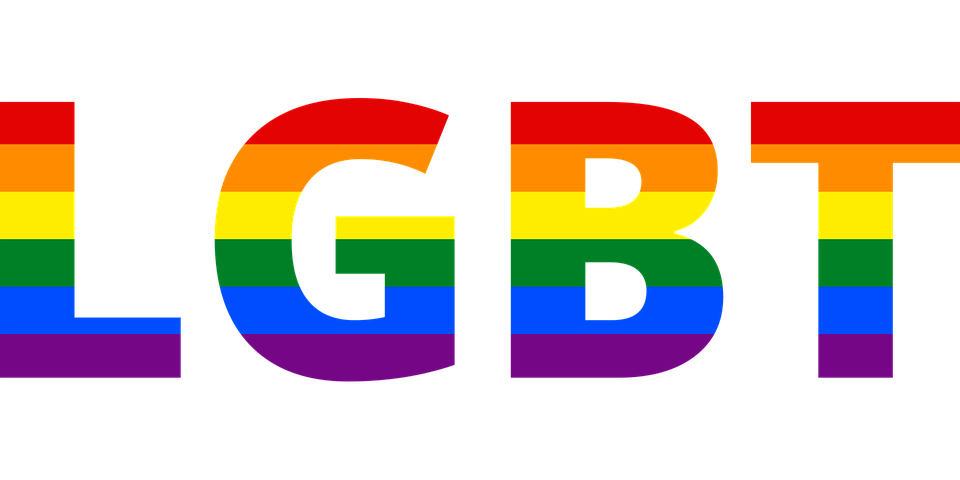
What is domestic violence and abuse?
Domestic violence and abuse is where family members or partners hurt, bully and/or control another person in their family or relationship.
It can look like:
- Physical Abuse: hurting a relative or partner, by hitting, punching, kicking or otherwise harming them
- Emotional abuse: bullying a relative or partner, calling them names to upset them, scaring them, shouting at them
- Controlling behaviour: controlling what a relative or partner does with their time, money, choices, phone and/or social media
It can often include a mix of these behaviours, as well as other types of harmful behaviour.
Abusive behaviour can happen once but can happen more than once and form a pattern. No matter how often it happens, you shouldn’t have to put up with it.
If you think this is happening to you in your relationship or family, there are lots of places that can help, including Childline’s helpline. You can find more places to help on our How Can I get Help webpage.
Video Credit: Women’s Aid http://thehideout.org.uk/children/home
Every child and young person deserves
to be safe and happy
Who can domestic abuse happen to?
Domestic abuse can happen to anyone. It doesn’t matter what gender, race, sex, sexuality, religion, or class they are. Domestic abuse can affect people under the age of 18, including teenagers and young people in relationships. It can also happen to older people: there is no age limit.
There is help available for people from all walks of life if they are being affected by domestic abuse. To find out more about support available, visit our How Can I Get Help webpage.
My partner has done some of the things you list as abusive behaviour once or twice. How many times does this have to happen for it to be abuse and for me to seek help?
Behaviour like this happening once isn’t okay. You don’t have to put up with any behaviour that tries to control what you do, hurts you or makes you feel scared or upset. An episode of abusive behaviour can also become a pattern of abuse in the future. It’s okay to seek help or talk to someone as soon as anything you think might be abusive happens.
I am in a relationship and I think I am being abused by my partner. We don't live together and we are under 18. Could I be experiencing domestic abuse?
Relationship abuse can happen to anyone. You don’t have to be 18+ and don’t have to be living together for this to happen. Relationship abuse is also common amongst young people.
To get support:
- If you are 16 or over, you can call our 24 hour helpline on: 0113 246 0401. You can also email Leeds Domestic Violence Service at [email protected]. Our helpline and email are for people of any gender. If you are a young woman aged 16 or over, you can chat to us online on our live chat on our website.
- If you are under 16, you can call Childline on 0800 1111.
The following websites and resources could also be useful:
- The Childline website section on ‘Friends, relationships and sex‘.
- Women’s Aid Love Respect website aimed at teenage girls and young women at risk of relationship abuse with advice and young people’s stories around relationships.
You can also find out more places you can talk to on our “How Can I Get Help” webpage.
I am being hurt but no one else in my family is being abused or hurt. What can I do?
A child or young person can be hurt in a family where domestic abuse is happening between family members who are aged 16 or over. If this is what you are experiencing, the drop-down box below can provide more support and information.
But children and young people can also be hurt when no-one else in your family or household is being hurt by domestic abuse. This could be child abuse. If you think this is happening to you, there are lots of people that can support you.
Child abuse can take lots of different forms, just as domestic abuse can. It can be: physical; emotional; and/or sexual. It can also take other forms. Child abuse can be caused by grown ups or other young people. They could be people in your family or outside of your family like a sports coach, teacher, school friends, people you met online or someone you feel you are in a relationship with.
If you are being scared, hurt or made to feel unsafe in any way, please remember that this is never your fault and you are not alone. It could be good to talk to someone you trust or a trained person on a helpline to find out how you can get help. To find out more about abuse and safety, visit the Childline website here. To find out more places you can talk to, please visit our “How Can I Get Help” webpage
The abuse that is happening in my family is hurting me too. Is this normal? Can I get help for this?
In families where domestic abuse is happening, it is sadly very common for children and young people in that family to be affected. Children can be scared or upset from seeing the abuse and / or can be directly hurt by the person or people causing the abuse.
Recently, the law changed to make children and young people victims of domestic abuse in their own right if they see, hear or experience the effects of domestic abuse and are related to the person being abused or the person causing abuse. This means that children and young people should soon be able to access more support if they have been affected by domestic abuse.
Whatever is happening, it is important to remember that if someone is hurting you, it is never your fault and you are not alone. To find out more on who you can talk to, you can visit our How Can I Get Help? webpage. You can also read more about children who have been affected by domestic abuse on our Young People’s Stories webpage.
How can I know if this is happening to me and/or my family?
Ask yourself:…
- Do you feel scared or sad about what’s happening at home / in your relationship?
- Is someone controlling what you do, who you see/speak to, and/or checking your phone and social media?
- Are you worried about your own safety or the safety of someone else?
- Does what’s happening make you feel lonely and isolated?
- Have any of the abusive behaviours listed on this page happened in your relationship or family?
If you answered yes to any of these questions, it would be good to talk to a helpline or someone you trust. To find out more about who to talk to for help visit our ‘How can I get help?’ webpage.
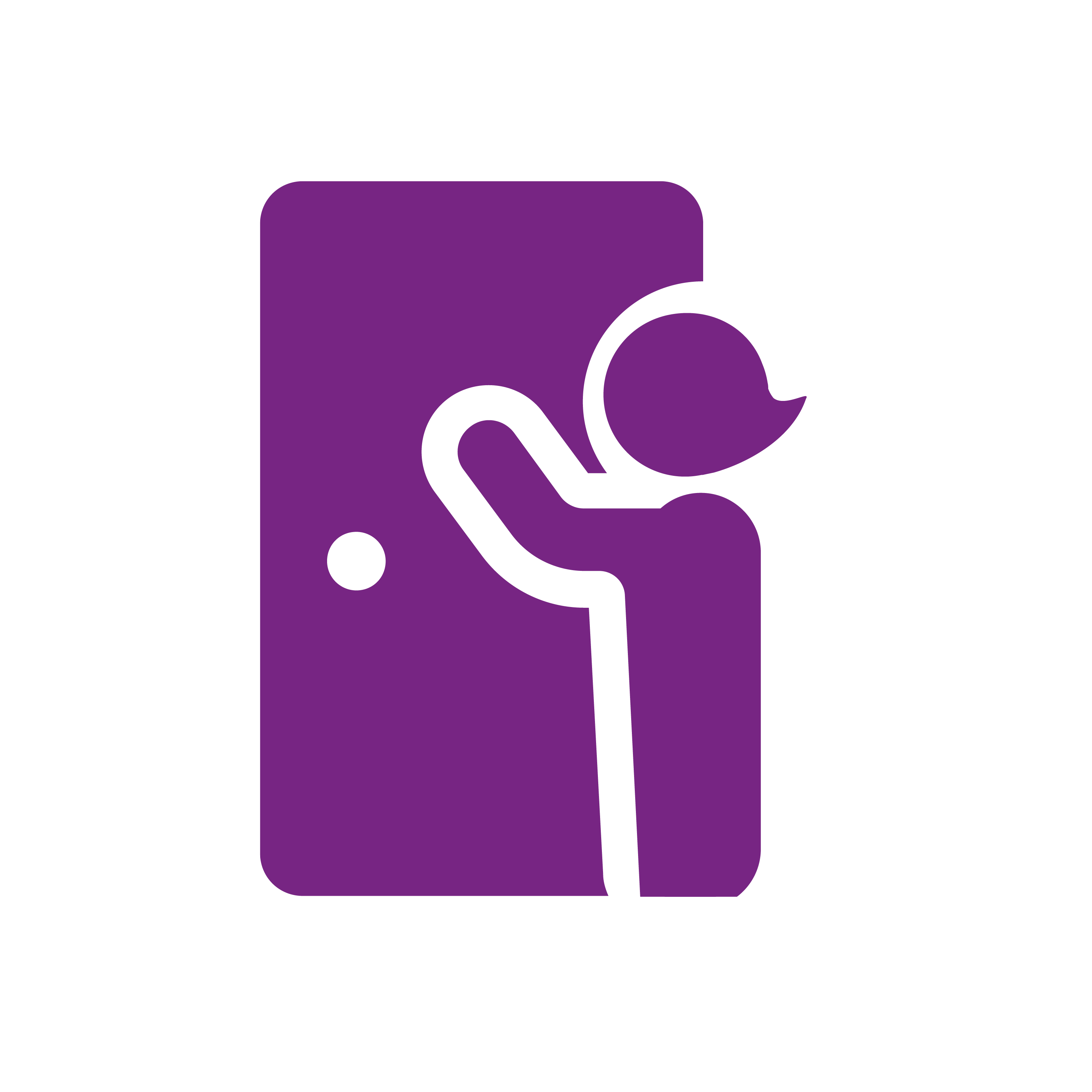
Every child deserves
to feel safe
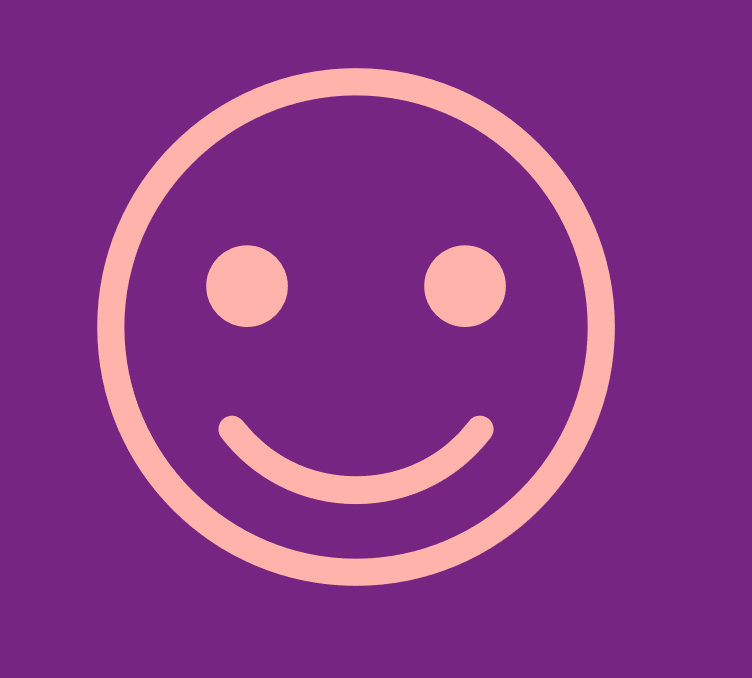
Acceptable
When family members and partners consistently:
- Treat each other as equals
- Give each other space when needed
- Comfort each other when upset
- Do things together but spend time apart with other people too
- Respect each others’ choices and decisions
- Support each other in private and public
- Make shared decisions about shared money and respect what each other does with their own money
- Say kind and nice things about each other
- Are consistent and reliable in their treatment of each other
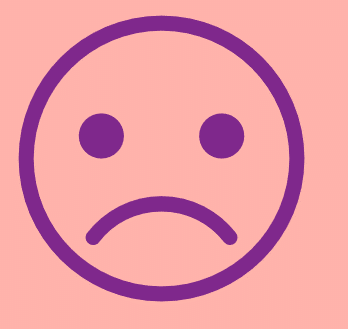
Unacceptable
When family members or partners (once or more than once):
- Scare their relative or partner on purpose
- Say things to make their relative or partner feel bad
- Shout at their relative or partner when they do things they don’t like
- Call their relative or partner names and put them down
- Stop their relative or partner going where they like and seeing their friends
- Control who their relative or partner texts / phones / contacts on social media
- Hurt their relative or partner physically
- Are unpredictable in their treatment of their relative or partner e.g. Overwhelming them with love one minute and then treating them badly the next
Signs of abuse in relationships
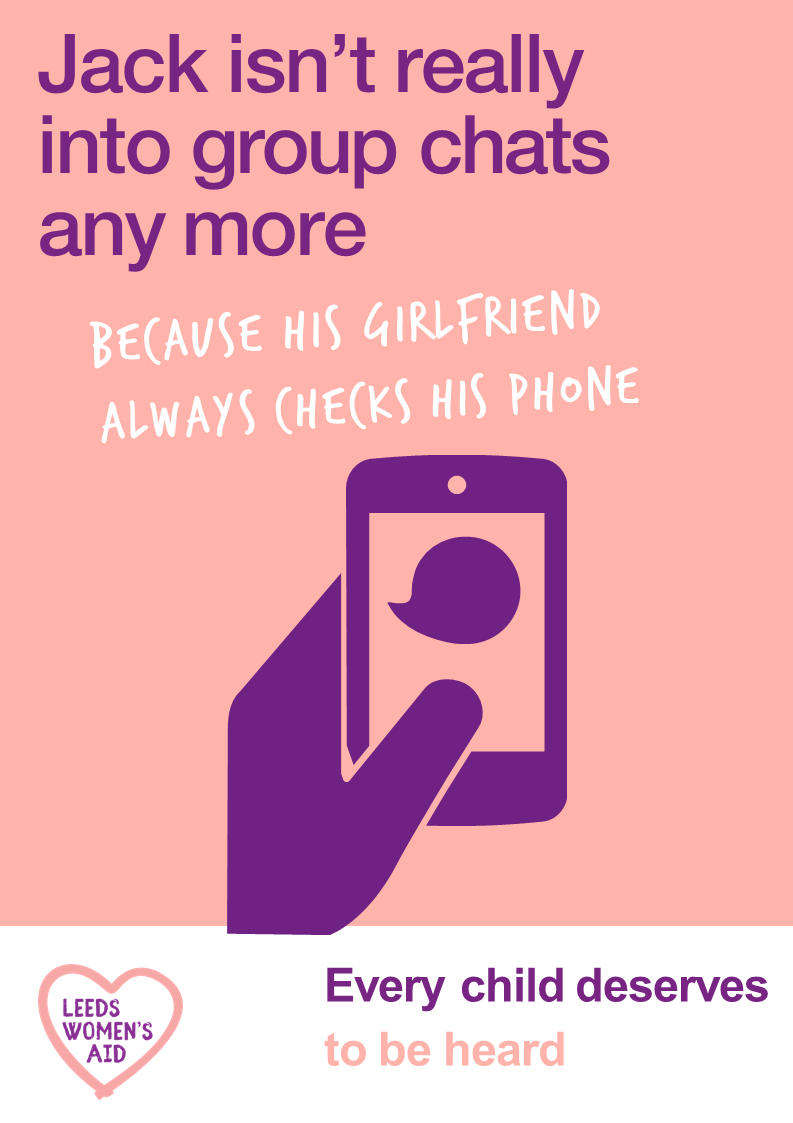



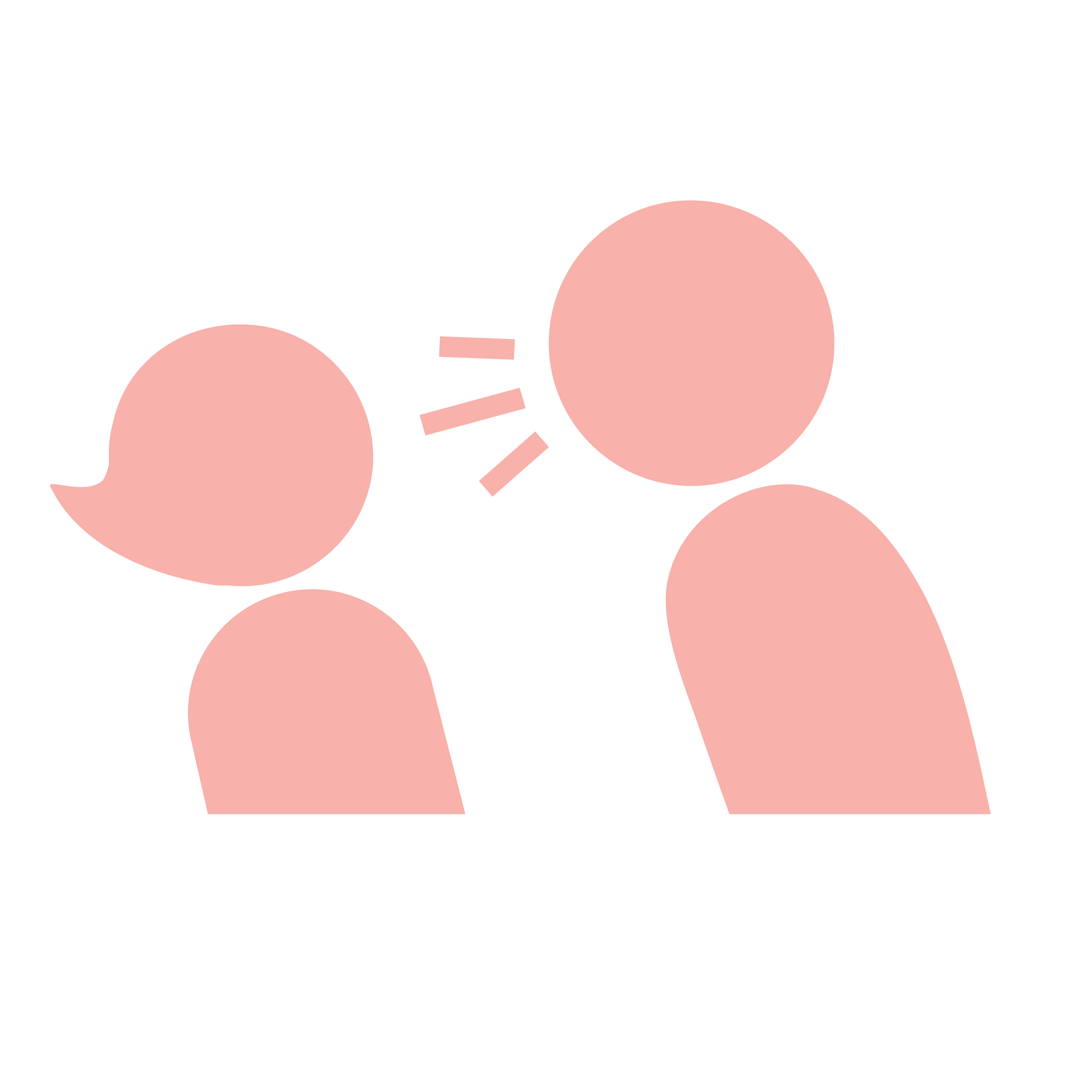
Every child and young person deserves
to live safely